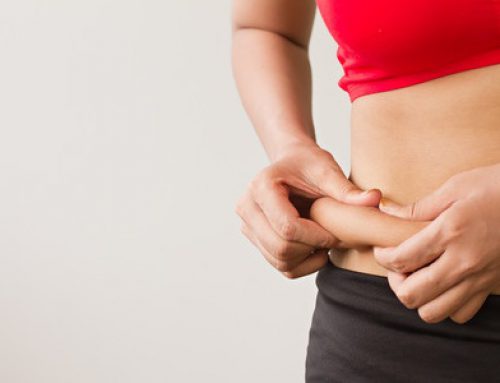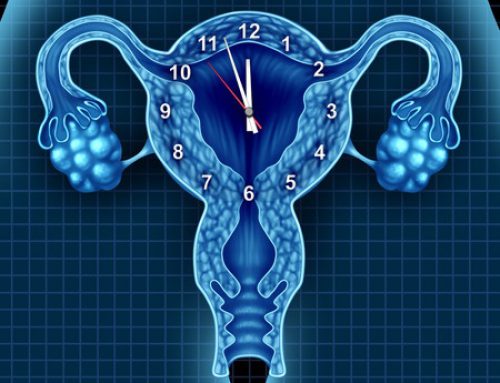 Most often when people think of couples trying to conceive, the emphasis is on the woman. While much effort goes into diagnosing and treating infertility problems in women, it turns out that men are often likely to experience problems associated with infertility.
Most often when people think of couples trying to conceive, the emphasis is on the woman. While much effort goes into diagnosing and treating infertility problems in women, it turns out that men are often likely to experience problems associated with infertility.
Often the woman is bearing the brunt of the pressure that the couple is experiencing while trying to conceive. Infertility is extremely common for couples and it is estimated that 1 in 6 couples worldwide experience infertility to some degree. The stress of infertility places a huge burden on couples and singles who are trying to conceive.
In assessing male infertility, a reproductive endocrinologist will order an extensive workup, which includes a semen analysis. The semen analysis examines sperm count, motility and morphology, all of which are important players in the likelihood of fertilizing an egg. It isn’t uncommon for levels to be less than ideal.
Western medicine offers little for improving sperm quality, however, Naturopathic medicine can help to address the patient’s nutrition status, stress levels, antioxidant status, and ability to detox as well as address other contributing, underlying health issues. It is necessary to look at the male patient’s lifestyle and risk factors, making sure that he doesn’t have any nutritional deficiencies, history of drug abuse, or environmental exposures from hobbies or the workplace. A skilled practitioner will also look for congenital factors, immunological factors, methylation issues (link to: http://trillium.barkandbyte.net/2014/07/mthfr-is-this-gene-mutation-compromising-your-fertility/), a history of chemotherapy or radiation, alcohol abuse, steroid use, trauma to the testicles, history of varicocele, orchitis or an inguinal hernia. All of these issues play a role in sperm health.
As with many Naturopathic treatment plans, nutrition is addressed. Making sure that the patient has an anti-inflammatory diet with an emphasis on balancing blood glucose levels is vital. Also, exercise, maintaining healthy weight and managing stress effectively are also key. These areas create the foundation for healthier semen. Semen is very susceptible to damage and it is beneficial to create an environment that is high in antioxidants to help their motility, morphology and counts. Several nutrients are known to help in this area including:
Coenzyme Q10 (CoQ10): a potent antioxidant that has a large influence on sperm health. It’s important to not take too much CoQ10.
N-acetyl Cysteine (NAC): a precursor to glutathione, which has a major role in phase 1 and phase 2 detoxification. It is an important antioxidant for the liver with a powerful effect on sperm health.
Acetyl L-carnitine: this antioxidant has been found to improve sperm motility, count and straight-swimming ability.
Vitamin C and Vitamin E: should never be overlooked even though we hear of them all the time. These two well-known vitamins are definitely a crucial pair, when it comes to sperm health. Vitamin C is short-acting, so it affects sperm almost immediately. For vitamin E, it is important to consume the tocopherol form, rather than the tocotrienol form.
Ashwagandha: a great herb for sperm health, as well as fatigue and anxiety. Ashwagandha helps lower cortisol levels, which can elevate due to stress and lead to anxiety, night time waking and insomnia. Ashwagandha helps to improve sperm counts, increasing the volume and the motility. There are studies that show a 17% increase in testosterone and a 34% increase in luteinizing hormone.
A few others worth mentioning include Tribulus, Pyncnogenol and Panax Ginseng. These are also helpful for improving the chances of conception. If a couple has been trying to conceive for over a year, I usually opt for a more proactive approach, which means an attempt to optimize the sperm quality.
Have you or your partner used Naturopathic medicine to optimize sperm quality? Share your comments below.







